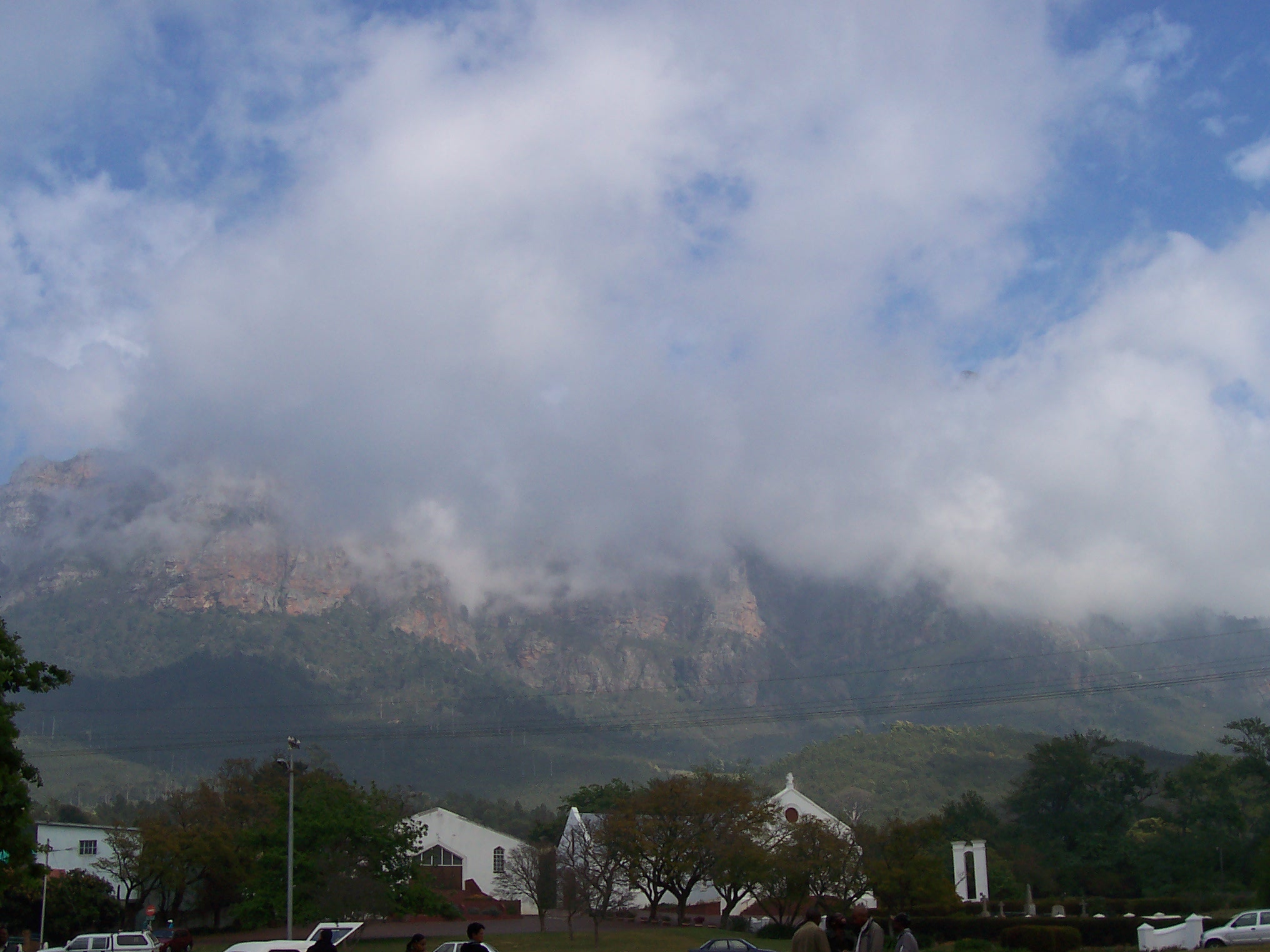
1820 removals and settlers
I’m a country boy, and despite being from Glasgow, my wife was a country girl. When she was growing up, the next streets were fields. Those fields are now high rise flats and housing schemes. Initially the new schemes were dry and Friday and Saturday nights saw Billy Connolly’s rubber men waiting for the bus home in George Square. However, one of my mother-in-law’s friends father owned one of the pubs – had made enough money droving sheep from the Highlands to buy the place. I heard enough about his days droving to make it sound interesting and I did a bit of research and found it had, at one time, been a major source of income for the north with enough anecdotal information to make a decent story. Hence the novel Drover.
One of the things I found was that the bad publicity given to the Highland Clearances was not entirely deserved. There were atrocities and great hardship but mixed with it were stories of landlords paying for crofter’s fares to Canada and priests gathering their parishioners and leading them across the sea. In the end, I linked it with the 1820 settlers who went to South Africa, of whose descendents I had met two and who were extremely proud of the fact, and had grown up with a family of Pringles, a notable name among the 1820 Settlers.
Those personal connections induced me to write Drover and the short story, A Lonely Place, to get the feel of things at that time. That may seem an odd expression but writing is not always for the reader, sometimes it is to clear the writer’s thoughts and let them move on – maybe to a sequel or to put a nagging thought to bed.